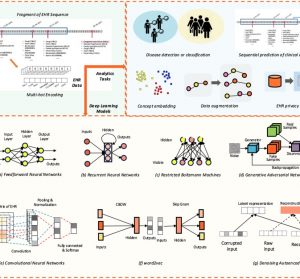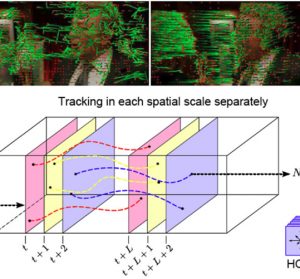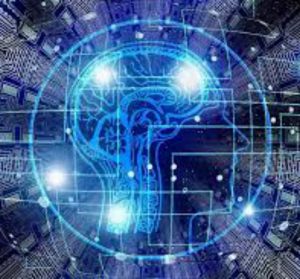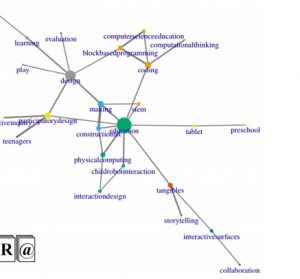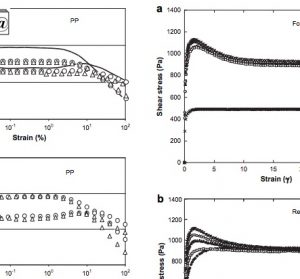Privacy-Preserving Deep Learning NLP Models for Cancer Registries
Abstract Population cancer registries can benefit from deep learning (DL) to automatically extract cancer characteristics from pathology reports. The success of DL is proportional to the availability of large labeled […]
Privacy-Preserving Deep Learning NLP Models for Cancer Registries Read More »
